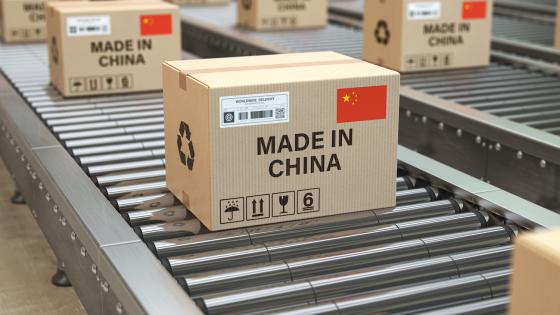Discussion paper
DP5894 Trade Liberalization and Productivity Growth
This paper presents a trade model with firm-level productivity differences and R&D-driven growth. Trade liberalization causes the least productive firms to exit but also slows the development of new products. The overall effect on productivity growth depends on the size of intertemporal knowledge spillovers in R&D. When these spillovers are relatively weak, then trade liberalization promotes productivity growth in the short run and makes consumers better off in the long run. However, when these spillovers are relatively strong, then trade liberalization retards productivity growth in the short run and makes consumers worse off in the long run.
£6.00


